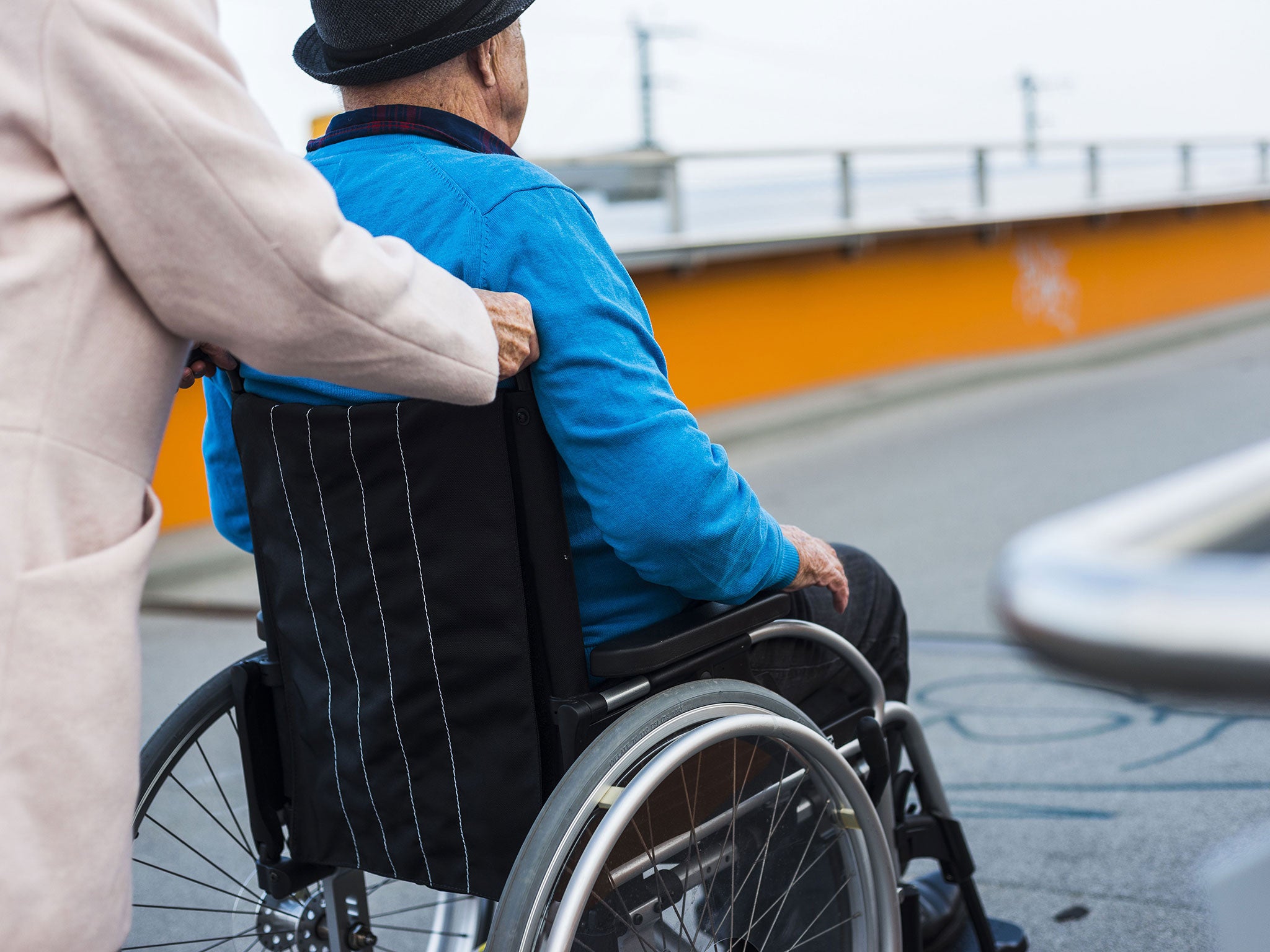World Health Day: Countries making strides in disability rights - and where they need to improve
To mark World Health Day, Barney Cullum and Barkha Henry of the Leonard Cheshire Disability charity explore how different corners of the world are faring on accessibility and disability rights

Your support helps us to tell the story
From reproductive rights to climate change to Big Tech, The Independent is on the ground when the story is developing. Whether it's investigating the financials of Elon Musk's pro-Trump PAC or producing our latest documentary, 'The A Word', which shines a light on the American women fighting for reproductive rights, we know how important it is to parse out the facts from the messaging.
At such a critical moment in US history, we need reporters on the ground. Your donation allows us to keep sending journalists to speak to both sides of the story.
The Independent is trusted by Americans across the entire political spectrum. And unlike many other quality news outlets, we choose not to lock Americans out of our reporting and analysis with paywalls. We believe quality journalism should be available to everyone, paid for by those who can afford it.
Your support makes all the difference.All of us may become disabled at some time in our lives, and yet people with conditions that affect their mobility are still fighting for equality across the world, from making cities wheelchair accessible to having access to basic support.
To mark World Health Day, here are some examples of how countries have improved the lives of their disabled populations - and where they still need to improve.
Thailand – invisible disability
In Thailand, welfare benefits for disabled people are generous and there are care facilities that ensure disabled people that need it have shelter, food and health care support.
However, provision for disabled people hasn’t gone beyond that. Bangkok has an excellent metro and bus system, but neither is wheelchair-accessible.
When you are in Thailand, look around. How many disabled people do you see? Disabled people are being cared for, but infrastructure is not being set up to enable independent living.
Philippines – breakthrough in voting rights
The Philippines, in contrast, is short on financial support for disabled people but it has accessible transport systems that it can be proud of.
However, to its shame, its disabled people have historically been denied the IDs necessary to enable them to vote.
National elections scheduled for this April will be the first in which disabled people will have a role in choosing the party and leader that shapes the legislation that affects them.
Guyana – blocked from South America’s summer of sport
Some politicians from the Caribbean nation “view people with disabilities as objects of charity to be given handouts, but not given an equal playing field to succeed,” according to local advocacy worker and teacher Ganesh Singh.
The South American nation passed its first disability bill into law in 2009, which was widely welcomed. However ministers are proving slow to mobilise in registering the country’s Paralympic association with the International Paralympic Committee in time for the continent’s first Games this summer.
Mr Singh, one of a crop of talented blind sprinters hoping to participate, fears he will miss out.
Zimbabwe – prosthetics arrive despite economic hardship
Prosthetics are reaching the most remote pockets of the world, with local doctors in Zimbabwe among those qualified to perform fittings on those who want and can afford them.
It is expensive though and artificial limbs remain “out of reach” for many in the country.
UK – the postcode lottery
“Running blades” are being made available to children through the NHS this year, making British children the envy of many.
For their families however, a safe home and a means to get to and from work and school will always be their priorities.
Waiting lists for homes for disabled people are shrinking in Scotland. Over in Wales, the blue badge parking scheme has been extended to cover those with temporary restrictions to their mobility.
Waiting times for accessible houses continue to increase in England though, while just one in three Tube stations have step-free access in London.
People with disabilities are more likely to be unemployed or excluded from school than those without a disability, wherever in the world you look.
Leonard Cheshire Disability is hoping to support 100,000 people into work and education over the next five years.
Join our commenting forum
Join thought-provoking conversations, follow other Independent readers and see their replies
Comments